Peer-to-peer lending, often referred to as P2P lending, is a form of lending in which individuals or businesses borrow money from a group of investors instead of a traditional financial institution. This is done through an online platform, which connects borrowers and lenders directly, bypassing the need for a bank or other intermediary. P2P lending can be beneficial for both borrowers and lenders as it can offer lower interest rates and fees for borrowers, and higher returns for lenders compared to traditional forms of lending. However, it also carries more risk as borrowers may default on their loans and there is no government protection for lenders. P2P lending is regulated by the Financial Conduct Authority (FCA) in the UK and SEC in the USA. It is important for both borrowers and lenders to thoroughly research the platform and the risks before engaging in P2P lending.
Successful P2P platforms include Funding Circle, LendInvest and Funding Knight, where lenders are able to choose between a variety of potential borrowers. The lenders benefit from the interest generated from the loans whilst borrowers are given access to finance they would have been unlikely to receive from traditional means. P2P Lending falls into 2 broad categories: P2P Business Loans and P2P Consumer Loans.
How does it work?
Unlike traditional loans, the entire transaction of peer-to-peer lending occurs online. Borrowers must pass through the ever-evolving risk models developed by the P2P firms before being released onto the auction sites. The higher the risk category the lender falls into, the greater the potential return for the investor involved. The benefits are clear: borrowers are able to secure funding they would have struggled to obtain from traditional sources and investors gain higher short-term returns. The P2P platforms charge a transaction fee for introducing the lender and the borrower.
Peer-to-peer in the Invoice Finance Industry
Peer-to-peer firms are emerging throughout the Invoice Finance industry with Market Invoice and Platform Black currently leading the way with their online invoice auction platforms. The process starts with an initial risk assessment of the transaction following which the approved invoices will be uploaded onto the respective auction platform. The P2P firms then seek to match the invoices with registered buyers. These buyers are able to review the transaction online, assess the risk, and if they wish to, proceed place a bid in the auction process.
Get in touch with us at Funding Bay for your business financing needs.

